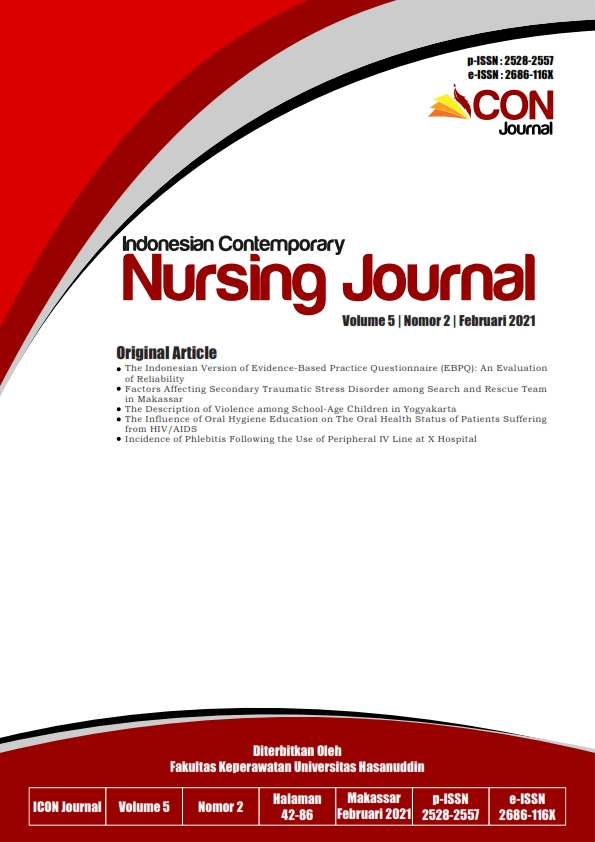The Imperative of Upholding Academic Integrity in the Face of Artificial Intelligence Challenges
DOI:
https://doi.org/10.20956/icon.v8i2.33198Keywords:
scientific writing, artificial intellegence , ChatGPTAbstract
Effective scholarly communication, whether oral or written, is inherently challenging. Scientific discourse relies on objective facts rather than subjective opinions. Hence, it necessitates grounding in evidence derived from research, ensuring the arguments presented are objective and supported by factual findings. Generating scholarly information, even in a single sentence, is a laborious process, demanding considerable time, financial resources, and substantial energy. In some instances, continuous or multi-year research is imperative.
Nevertheless, technological advancements have revolutionized this landscape. Writing can now be expedited through the use of available artificial intelligence (AI) technologies, ranging from free versions to premium services. For example, Jenni AI functions akin to a "magical assistant," generating text on requested topics. ELICIT AI excels in grid synthesis, ResearchPal automates literature reviews, and others provide various functionalities. This poses a temptation to researchers, making AI a double-edged sword in the realm of publication integrity.
References
Hosseini, M., Resnik, D. B., & Holmes, K. (2023). The ethics of disclosing the use of artificial intelligence tools in writing scholarly manuscripts. Research Ethics, 19(4). 449-465. https://doi.org/10.1177/17470161231180449
İmre, O. (2023). Artificial Intelligence and Article Writing. European Journal of Therapeutics, 29(4), 988-989. https://doi.org/10.58600/eurjther1706
Salvagno, M., Taccone, F. S., & Gerli, A. G. (2023). Can artificial intelligence help for scientific writing? Critical Care, 27(1). 1-5. https://doi.org/10.1186/s13054-023-04380-2
Additional Files
Published
Versions
- 2024-02-27 (4)
- 2024-02-28 (2)
How to Cite
Issue
Section
License
Authors who publish with this journal agree to the following terms:Authors retain copyright and grant the journal right of first publication with the work simultaneously licensed under a Creative Commons Attribution License that allows others to share the work with an acknowledgement of the work's authorship and initial publication in this journal.
Authors are able to enter into separate, additional contractual arrangements for the non-exclusive distribution of the journal's published version of the work (e.g., post it to an institutional repository or publish it in a book), with an acknowledgement of its initial publication in this journal.
Authors are permitted and encouraged to post their work online (e.g., in institutional repositories or on their website) prior to and during the submission process, as it can lead to productive exchanges, as well as earlier and greater citation of published work (See The Effect of Open Access).



